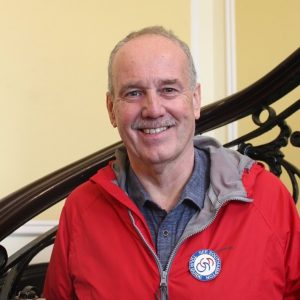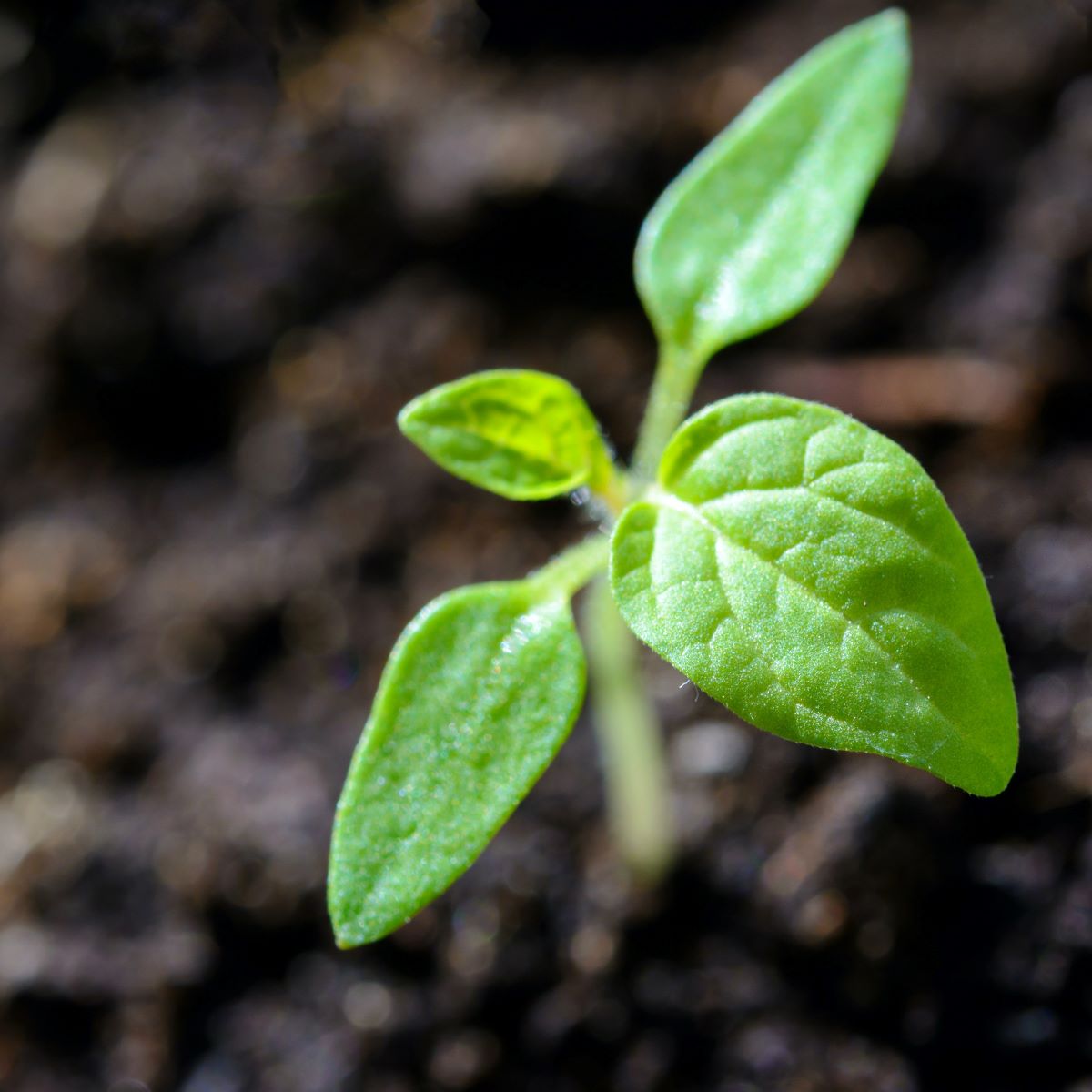by Martin Brisland.
Since WW2 ended in 1945 we have talked about events being “since the war”. We are now at a new watershed, a line in the sand. Perhaps in the future we will refer to post 2020 events as being “since the pandemic”?
I do not aim here to apportion blame for failings in the handling of our current crisis. That will come in the inevitable Public Inquiry that will look into issues such as why staff in hospitals and care homes were sent into dangerous situations without adequate personal protection.
I do hope to look at how life may be different for us all in a ‘new normal’ and offer seven stars to follow for a better tomorrow for the planet. This Covid 19 crisis can open up new opportunities, new ways of thinking.
Multiple threats
Infectious diseases are just one threat we face. Climate action failure, biodiversity loss, extreme weather, human-made environmental disasters and water crises are five more of the Top 10 Global Risks identified by the World Economic Forum early in 2020.
Covid-19 and its aftermath will be the greatest economic disruption that we and many other countries have faced since at least the Great Depression in the 1930s. It will bring both economic and health consequences for some years to come. Economies typically roll along like trains on tracks – locked into a pathway that it is hard to divert. Having stopped the train for a while, this is a perfect opportunity to lay a new track towards a more secure future.
The sudden shock of the coronavirus pandemic has shown how quickly governments, societies and individuals can act to deal with an imminent, existential threat. We’ve been able to make rapid massive personal and business sacrifices to respond to this emergency. We have come to realise what a thin thread it is that holds society together. We are all dependent on each other. Yet strangely we can ensure the future of society by staying apart from each other. Unlike Margaret Thatcher in the 1980’s we now know there IS such a thing as society.
The government has been forced to embrace Keynesian economics as we did in the 1930’s when it used investment in public works to create jobs. In Southampton our Sports Centre and Municipal Golf Course used unemployed workers. It was deemed better to give people a wage for work and for them to take pride in it rather than give ‘the dole’ to stay at home. Today the State is now suddenly the major employer and underwriter of salaries. In effect we have a temporary communist state introduced by a Conservative government.
As everyone attempts to get back to business-as-usual, there’s a danger that short-term thinking will prevail. That sort of thinking will condemn our younger generations to a very risky future. This is our chance to kick-start a shift to a sustainable future. A chance to re-lay our track to a sustainable future so that the young can face it with confidence and their elders can leave it to them without regret.
So what direction to take?
I suggest we focus on seven big ideas – seven stars to reach for:
1. Radically reducing greenhouse gas emissions. We’ve made a commitment as a nation to get to zero net carbon by 2050. The time for prevarication is over.
2. Preparing for the impacts of climate change. Satellite pictures of China and Italy showed that clouds of pollution disappeared in a few weeks. However, even if we reduce our emissions we will still have to adapt to sea level rise, more floods, and more droughts in addition to our existing natural hazards. We need climate resilience to be baked-in. Hopefully the enforced rise of video conferencing will lead to less travelling for face to face meetings. I wrote a paper for my then employer in 1995 about working from home as portable laptops were all the rage. At that time most saw it as a ‘scivers charter’ and it was not adopted. Twenty five years later technology has improved and its time has come.
3. Restoring the vitality of natural systems. Our lives and livelihoods depend on healthy and diverse ecosystems and natural processes. Restoration and regeneration are part of a sustainable economy. The lockdown has shown we can have cleaner waterways and more breathable air in a short time. Deer have even been seen on the Common and beyond!
4. Increasing local, regional and national self-sufficiency. Covid-19 has shown the fragility of relying heavily on global markets. We need to be locally resilient to deal with the repercussions of global environmental disasters. Maybe the days of food being flown around the world are over? Only recently have we been able to buy strawberries all year round. My parents always grew vegetables in their back garden.
5. Developing a circular economy. We are damaging the planet with ‘throw-away’ business models because the consequences are not costed in. We need to account for social and environmental costs and benefits, use resources sparingly, make products that last much longer, and safely re-purpose all forms of waste. Maybe we should return to darning holes in socks? The Hub Cycleworks in Shirley have run Zedify for over a year. It is a zero emissions local delivery service using cycles.
6. Being socially responsible. As we’re seeing with Covid-19, disadvantage begets further disadvantage. Our new direction must focus on reducing inequities and improving health and well-being for all. The current crisis has shown who the real key workers are. Investment bankers in the City or media executives did not make the list.
7. Working together. The Covid-19 response has shown how our best instinct in times of trouble is to work together for a common vision. No man or woman is an island.This will require goodwill, innovation and collaboration, powered by partnerships between all sectors.
Each of these points is widely accepted by individuals but governments find them hard to implement. But the key to our future lies in us achieving all of them at the same time. If we fail to make changes things may be far worse even than Covid-19.

Father of two Martin Brisland is the author of Secret Southampton and A-Z of Southampton: People, Places History. Born in Southampton in 1953, he worked in further and higher education, and had a parallel career in music, playing keyboards in many local bands until his brain haemorrhage. He has recently turned his hand to writing, with more books in the pipeline, and is also a qualified tour guide.

